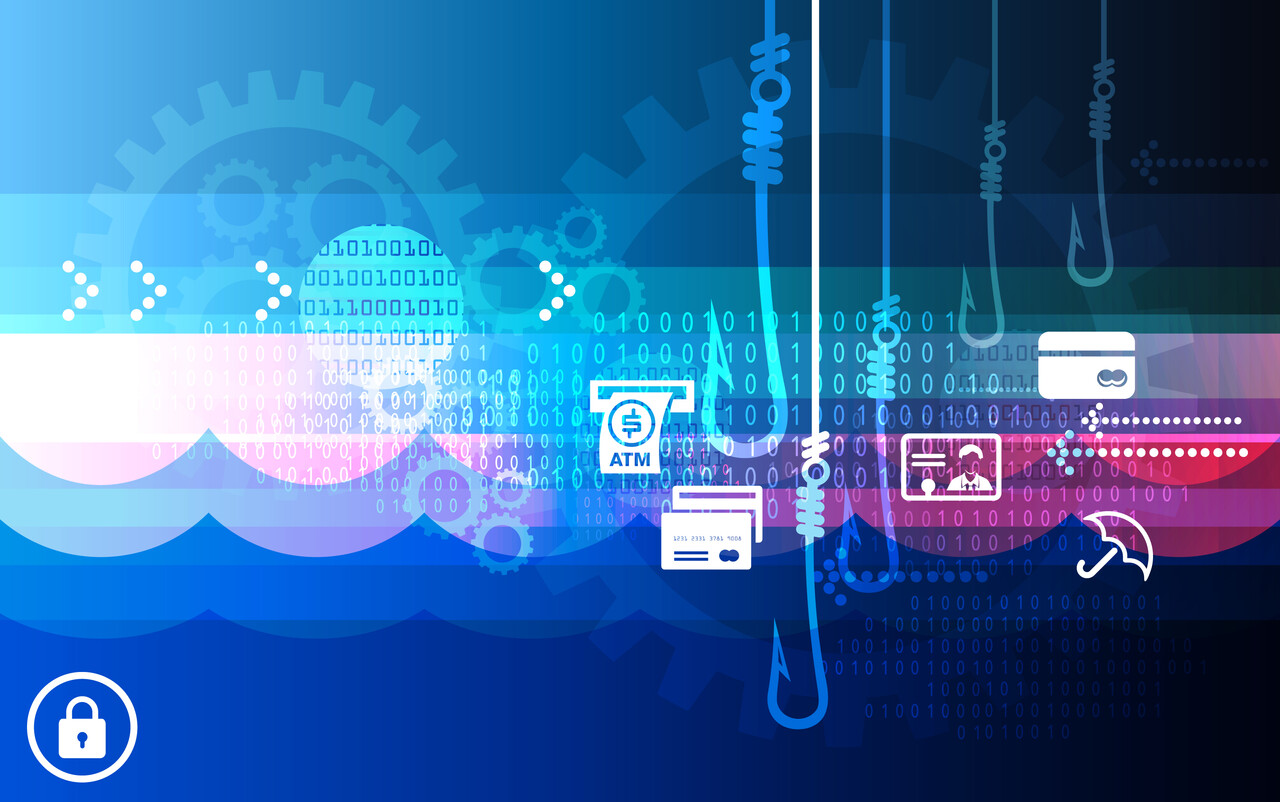Following the lifting of the state of emergency, we have now entered a so-called 'New Normal'. While the restrictions implemented to combat the pandemic are now being dismantled, the spring of the coronavirus has left its mark on our everyday lives on the internet, requiring us to adopt new ways of thinking and behaving. This is our guide to information and cyber security in the post-state-of-emergency period. The advice is based on Europol’s security guide entitled A Safety Guide for the ‘New Normal’ After COVID-19.
The past spring saw an increase in the time many spent on the internet, with likely permanent effects on the way we communicate and work remotely. In addition to interacting over the internet, we are gradually regaining the ability to move and meet freely. This results in an increased probability that we may encounter a (cyber) criminal.
It is therefore important to remain vigilant and exercise caution both at home and when out and about. Protect your money and make the safety of your children a priority.
1. When out and about

You can go outside again. Criminals can too.
Despite the changes in the post-state-of-emergency world, encounters with criminals are possible just as they were before the pandemic. Make sure to protect your physical possessions and important personal information.
- Avoid sharing your location on social media, as doing so may alert criminals to the fact that your home is empty and unguarded.
- Make sure to lock the doors and windows of your home to protect it against burglars.
- Keep your valuables out of sight.
Protection is a must, spot the scams!
Cyber criminals and internet scammers are still taking advantage of the coronavirus pandemic. Be careful of any corona-related offers and donation or investment requests.
- Face masks
- COVID-19 vaccinations
- COVID-19 test kits
2. When at home
Still spending plenty of time online?
While we were unable to meet our relatives, friends and colleagues face-to-face, many of us started spending more time online, shopping and using social media. Video conference calls also became more common. The more time you spend surfing the web, the more likely it is that you will encounter scams and disinformation distributed by cyber criminals
For a safer experience on the internet, keep the following tips in mind:
- Recognise and be careful of phishing attempts. Think about how you opened the site you’re looking at. Did you click on a link or access it via the service provider’s website?
- Click with caution to stay safe from malware attacks.
- Make backup copies of your data and ensure that your software is up to date.
- Use secure video conferencing solutions.
- Make sure your passwords are strong.
- Don't share inaccurate information. Check your sources.
Still teleworking?
For more information on information security when working remotely, see the following page: Information security under exceptional circumstances — Instructions for private persons .
- Only use devices provided by your employer.
- Stay vigilant and make sure to follow safe practices.
3. Protect your finances

Goodbye cash, hello online payments
The tips below will help you make sure that you get what you ordered and paid for. If you have second thoughts about something you bought, for example, it is easier to get your money back for a credit card purchase than an online banking payment.
- Only make online payments via secure connections.
- Only use websites with a good reputation, and pay close attention to the URL.
- Don’t click on links in email advertisements. Always access websites by typing their URL into the address bar of your browser.
- When shopping online, pay by credit card.
Watch out for too-good-to-be-true deals!
Your alarm bells should ring if you receive one of the following “special” offers:
- investment offer or loan
- cheap deal on an item or service
- suspicious offer of employment.
Acquiring cryptocurrency?
- Buy it directly and avoid investment schemes.
- Choose a reputable exchange.
- Consider storing it in a hardware wallet.
4. Children’s safety: a priority

Stay alert for signs of distress
During the state of emergency, there was a significant increase in the threat of sexual violence targeted at children and young people. In late spring, Amber Alert Europe kicked off a campaign against online grooming (External link). Protecting minors must be a priority. Safe online practices should be discussed with children and young people preventively and at the earliest stage possible.
Follow the steps below
- Talk to your child about safe practices following the lifting of the state of emergency.
- Make time for safe discussions that allow the child to voice his or her thoughts about online life and identify possible sources of anxiety.
- Pay attention to the websites your child visits and the social media applications he or she uses.
- Tell your child about safety on and off the internet.
- Instruct your child to use smart devices in the shared spaces of your home.